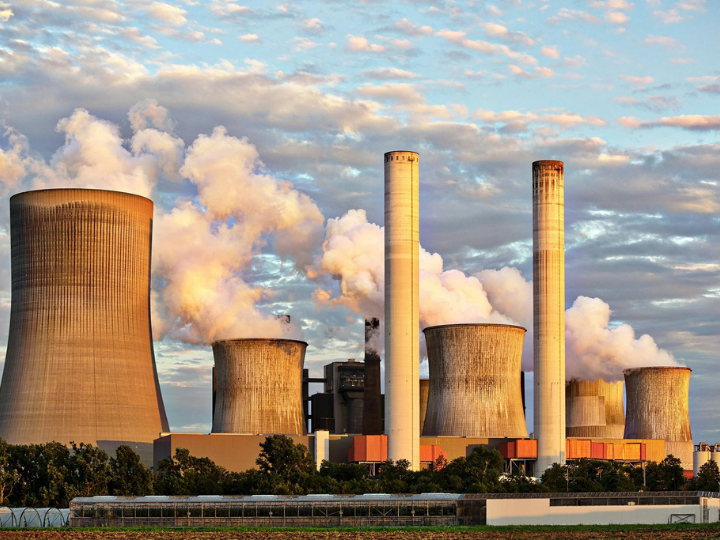N. Peter Kramer’s Weekly Column
Wind energy giant Denmark is investigating nuclear energy after four decades of opposition of it, while Belgium is scrapping its Nuclear Phase-Out Act.
Germany has dropped its opposition to more nuclear energy in Europe (an idea of Angela Merkel). The Netherlands continued construction of two nuclear plants.
Italy, which has not produced nuclear energy sins 1990, is considering a return and Poland will start building its first plant with Westinghouse technology next year. Sweden is planning 10 new reactors. The International Energy Agency (IEA) predicts that global nuclear capacity will grow by 70 gigawatts by 2025, a record.
In Brussels this will allow for more financial support for nuclear energy and more intensive cooperation between the EU memberstates.
Twelve EU member states see nuclear energy as necessary to reduce dependence on Russian gas. Another reason for the sensational reversal: the enormous power needs of data centres for artificial intelligence. Microsoft and Amazon are investing $80 billion and $83 billion respectively in expansion and have reserved nuclear capacity in the US.
Europe should for the same reason invest heavily in nuclear energy. The harsh reality is, that western economies cannot survive on solar and wind energy alone. Nuclear reactors provide a continuous supply of power and do not emit CO2. Countrywide ‘black outs’ like recently in Spain could be avert and frequently occurring power shortages on cities or in on cities or industrial estates could be prevent.






